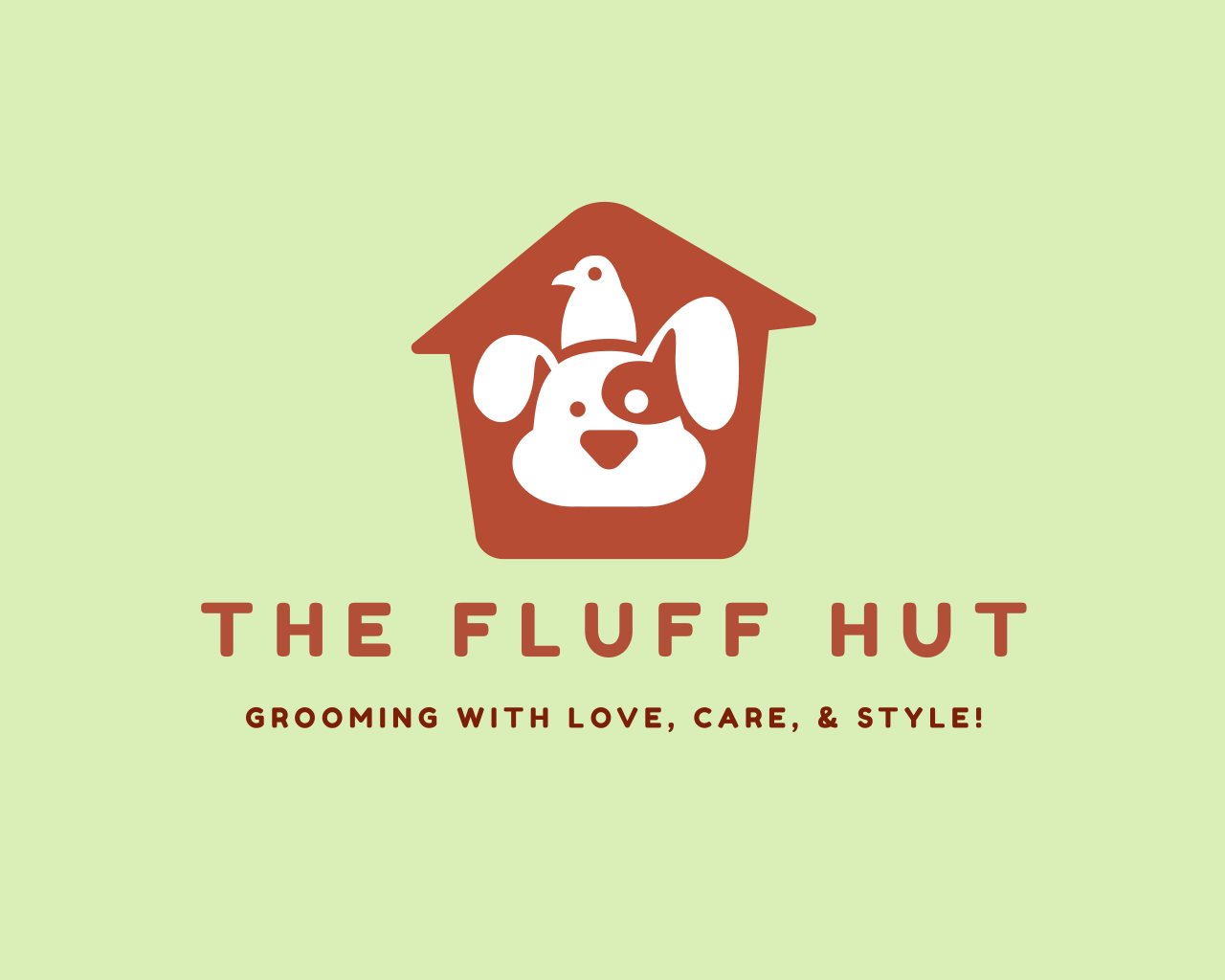Does My Dog Need His Anal Glands Expressed? Understanding the Importance of Anal Gland Care for Your Dog
- thefluffhut

- Apr 15, 2024
- 3 min read
Updated: Dec 26, 2024

As a responsible dog owner, it's essential to understand the various aspects of your dog's health and well-being. One area that often goes overlooked but is crucial to their comfort is their anal glands. While it may not be the most pleasant topic to discuss, anal gland care is an important part of your dog's grooming routine. In this blog post, we will explore what anal glands are, why they may need to be expressed, and how to recognize the signs that your dog may require this procedure.
Understanding Anal Glands:
Anal glands, also known as anal sacs, are small sac-like structures located on either side of your dog's anus. They produce a smelly, oily substance that is normally expelled during bowel movements. This substance is believed to serve as a form of communication among dogs, helping them mark their territory and identify each other.
Why Do Some Dogs Need Anal Gland Expression?
In some cases, a dog's anal glands may fail to empty naturally. This can lead to discomfort, irritation, and even infection. Dogs with certain breed predispositions, such as small breeds or those with soft stools, are more prone to anal gland issues. Additionally, dogs with sedentary lifestyles or those who have had previous anal gland problems may require regular expression.
Signs That Your Dog's Anal Glands Need Attention:
It's important to be aware of the signs that your dog's anal glands may need to be expressed.
These signs can include:
- Scooting or dragging their bottom along the ground.
- Excessive licking or biting of the anal area.
- Foul odor coming from the rear end.
- Swelling, redness, or discharge around the anus.
- Signs of discomfort or pain during bowel movements.
If you notice any of these signs, it's best to consult with your veterinarian to determine if your dog's anal glands require expression.
The Importance of Professional Expression:
While some dog owners may attempt to express their dog's anal glands at home, it's advisable to seek professional help from a veterinarian or a trained groomer. Expressing anal glands requires proper technique and knowledge to avoid injury or infection. Professionals have the experience and expertise to perform the procedure safely and effectively.
Prevention and Maintenance:
To help prevent anal gland issues, there are a few steps you can take:
- Ensure your dog has a balanced diet with enough fiber to promote healthy bowel movements.
- Regular exercise can help promote proper anal gland function.
- Maintain a healthy weight for your dog to avoid excessive pressure on the anal glands.
- Regular grooming and hygiene practices, including keeping the anal area clean, can help prevent blockages.
Consult Your Veterinarian:
If you're unsure about your dog's anal gland health or if you notice any concerning symptoms, it's always best to consult your veterinarian. They can examine your dog, assess the condition of the anal glands, and provide guidance on the best course of action.
Proper anal gland care is an essential part of maintaining your dog's overall health and comfort. By understanding the importance of anal gland expression, recognizing the signs that your dog may need attention, and seeking professional help when necessary, you can ensure that your furry friend remains happy and healthy.
Remember, as a responsible pet owner, it's your duty to prioritize your dog's well-being, and this includes their anal gland care. Regular veterinary check-ups, appropriate grooming, and being attentive to your dog's behavior will help you provide the best possible care for your canine companion.




Comments